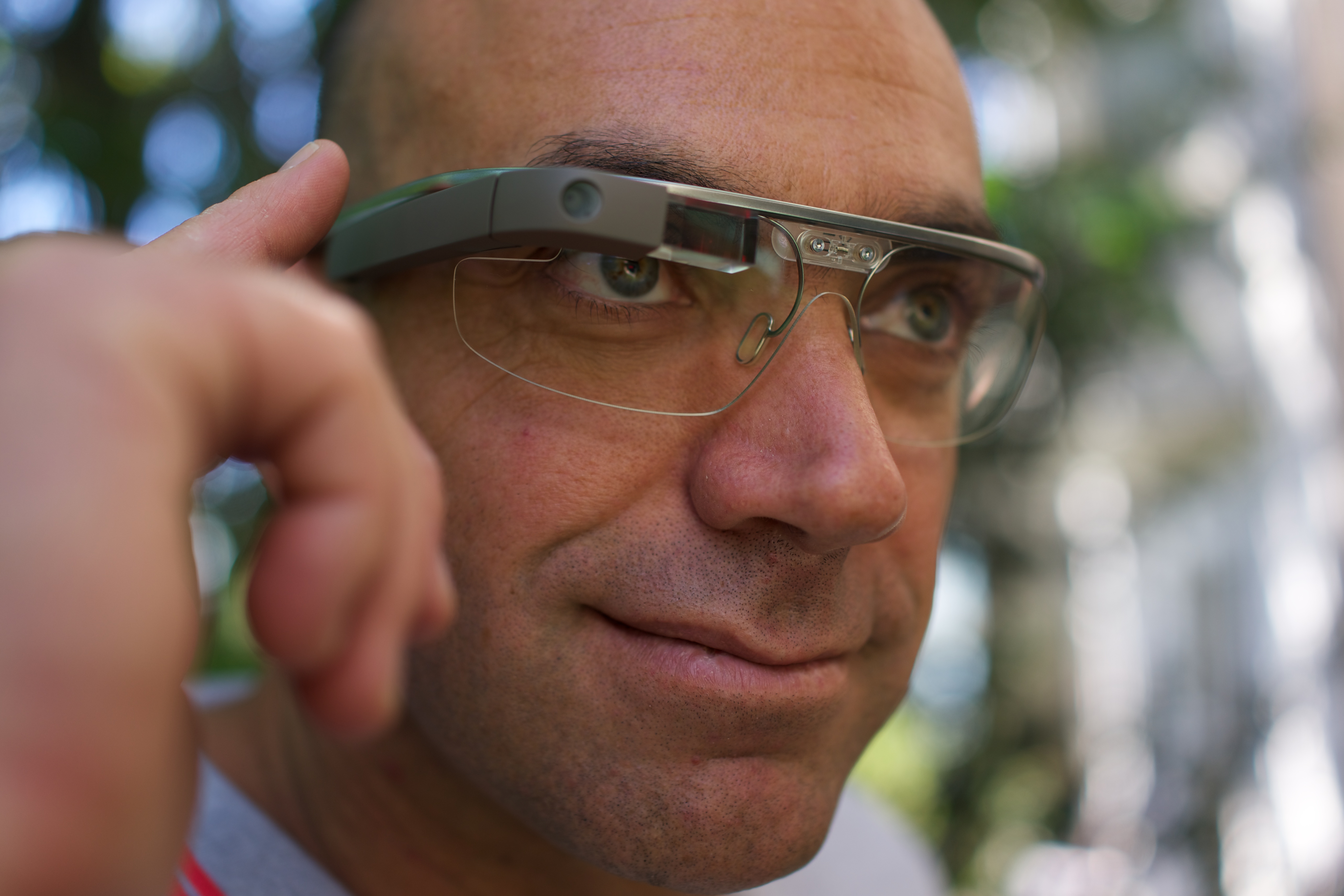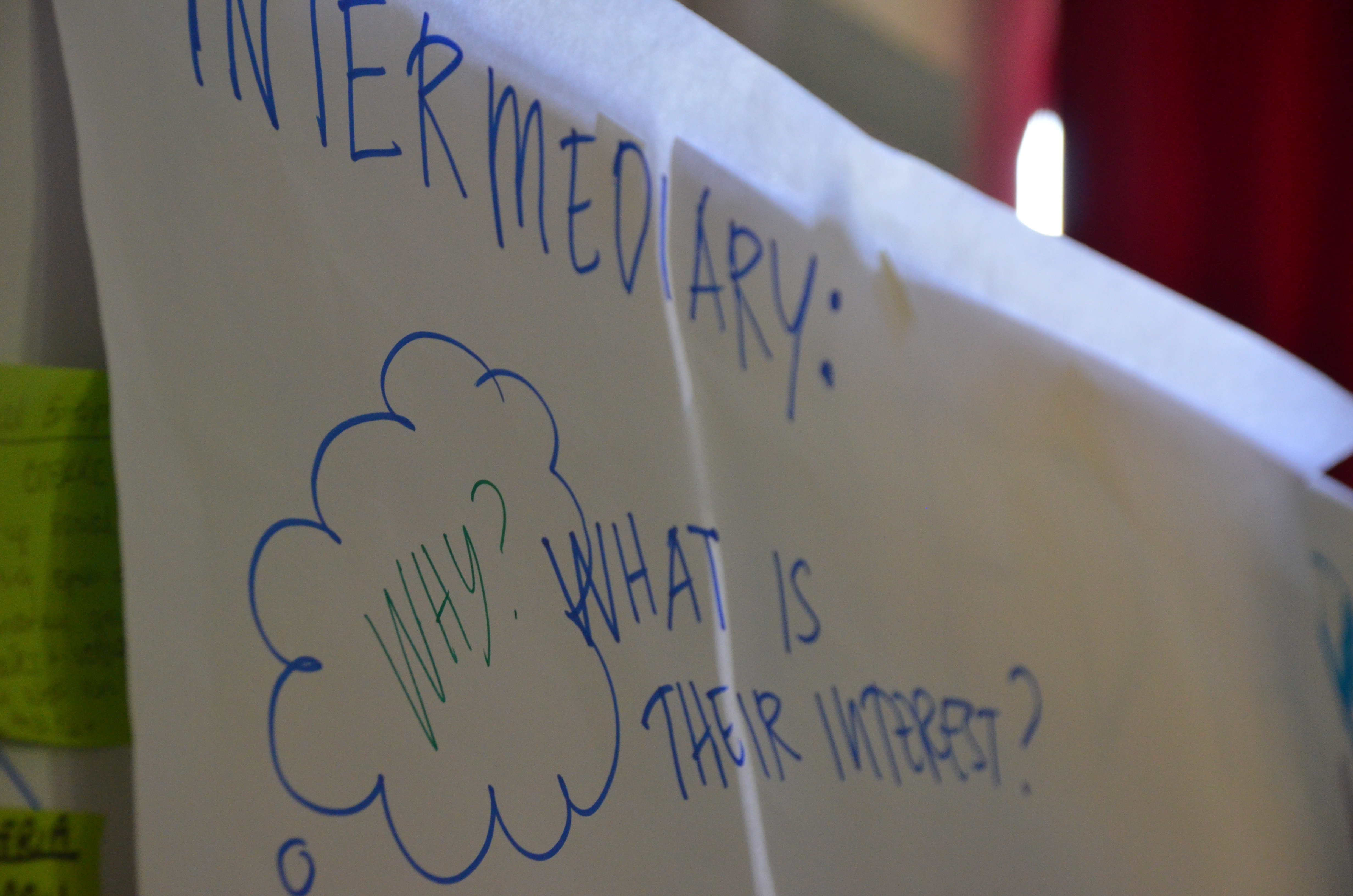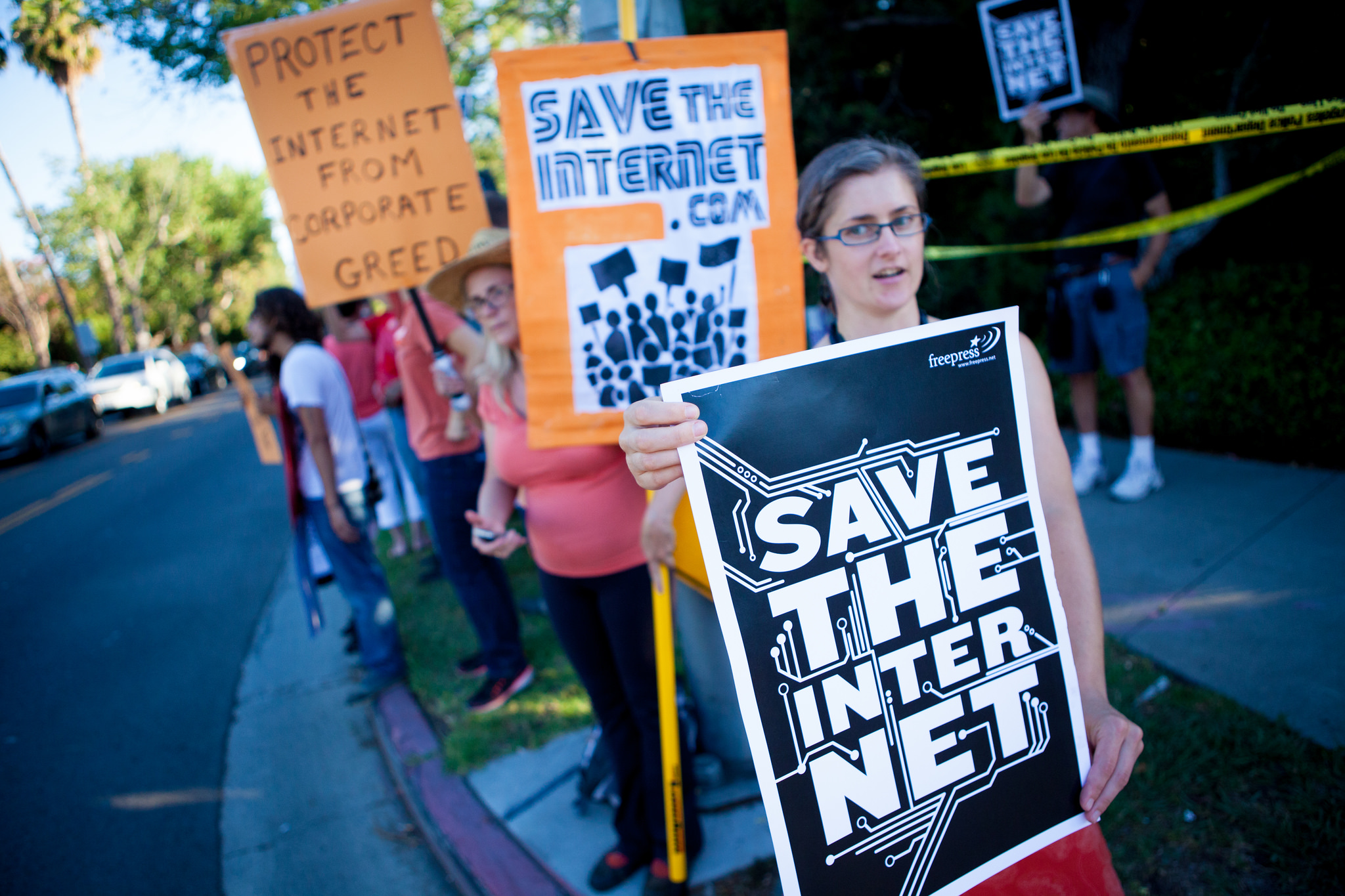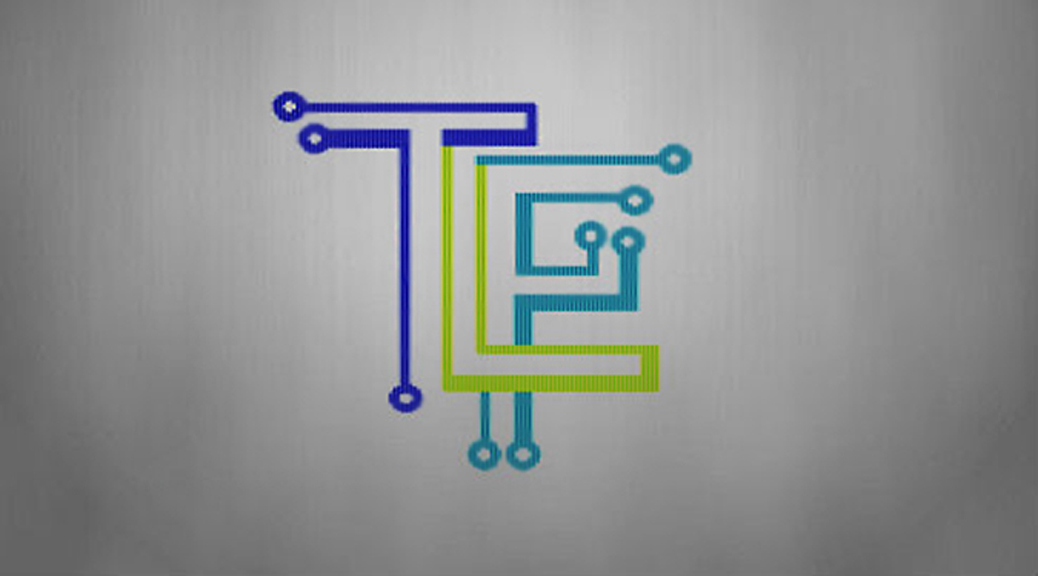Editor's Picks (12/10/14)
1. Why the Trolls Will Always Win, by Kathy Sierra, Wired.
2. Online Native Ads Are Held To Higher Standards Than Those On TV, by Danielle Wiley TechCrunch.
Facebook, 'Internet.org' and the Ignored Questions of Civil Liberties
(Image Source: https://flic.kr/p/4W8mW)
Earlier yesterday, Facebook founder Mark Zuckerberg met with the Indian Prime Minister Narendra Modi and Minister of Communications and Information Technology Ravi Shankar Prasad (who curiously also holds the Ministry of Law and Justice portfolio). The Facebook CEO was in New Delhi on the 9th and 10th of October for the Internet.org summit.
TechLawForum@NALSAR noted on SpicyIP!
It is with great pleasure that we announce that the TechLawForum@NALSAR Blog has found mention on SpicyIP in its list of “New Online IPR/Media/Tech Resources – For Students, Teachers and Researchers“! The post specifically notes the 101s and the Commons, and also notes the wonderful Teaching and Learning Resources initiative of the Centre for Communication Governance (CCG, NLU-D), along with other resources. (In the interests of full disclosure, we would like to note that SpicyIP’s Editor-in-Chief Swaraj Paul Barooah is the External Advisor of the Blog).
The “Bang Bang” Order: ‘Likely’ Copyright Infringement Trumps Intermediary Immunity
(Image Source: https://flic.kr/p/o9EcaJ)
This post examines the order given by the Delhi High Court (DHC), which is the third in a series of worrying orders by the DHC, from the perspective of Intermediary Liability.In order to ensure no possible online access to Bollywood film “Bang Bang” which released on Oct 2, the Delhi High Court on Sep 30 directed Internet Service Providers (ISPs) to block access to around 90 websites which could have streamed, broadcasted or provided online access to the film. The restraint order was passed by the Court on a suit filed by Fox Star Studios, one of the producers of the film. A separate list of 72 websites was submitted to the High Court by the producer, contending that the movie should be unable to be watched on the internet without its permission and 18 other websites were made parties to the suit by the producers. While the order mentioned 90 websites specifically, it brings ‘other websites as subsequently notified by the producers’ within its purview, thereby making it extremely likely for websites beyond those specifically mentioned to be blocked. Further hearing on this matter will take place on Nov 21, 2014.
Intermediary Liability – An Explanation
(Image Source: https://flic.kr/p/o9EcaJ)
Definitions and Explanations – the Concept of ‘Incentives’
A Wolf in Sheep’s Clothing: The Trans-Pacific Partnership
[Image Source: http://flic.kr/p/osRzan]
After the scrapping of the ‘Stop Online Piracy Act’ (SOPA) and the ‘Protect IP Act’ (PIPA) in the U.S., one could have been under the impression that the Internet would be free from unadulterated interference by the government. SOPA and PIPA basically gave the government unprecedented powers to shut down any website/blog at will. Be that as it may, few know about the presence of an equally perilous agreement called the ‘Trans-Pacific Partnership’. U.S. is a key member of this partnership bolstered by corporate lobbyists and this will ultimately be pushed down on all countries around the world by means of trade deals. WikiLeaks in recent times has released some draft chapters of the TPP. In this blog post, I will try to analyze some contentious provisions of the TPP from the viewpoint of an Indian internet user.
Editor's Picks (5/10/14)
1. The Darkest Net, by Patrick Howell O’Niell, Daily Dot.
2. The Elon Musk Interview on Mars, by Ross Andersen, Aeon.
Regulating a Revolution – 3D Printing
(Image Source: https://flic.kr/p/kvjYDJ)
3D printing is currently one of the biggest buzzwords in technologically inclined circles. And yet grand format flatbed printers and other printers, it is not in and of itself a new technology, and has been in existence since 1984. The current increase in its popularity is because it is only now becoming accessible to the common consumer. But that is exactly why 3D printing is so important. Consumer-level 3D printing does away with the obstacles or resources associated with the currently prevalent process of creating things. It allows anyone with an idea and a 3D printer to ‘print’ their exact ideas, test them out, create prototypes, or just use them directly. All you need to do is design the blueprint of your idea on your computer, and print it. It is, in a way, bringing about the “democratisation of production”. And in case designing the item is too much work for a consumer, he or she can just download a blueprint for their 3D printer from the internet.
Law Commission Media Law Consultation – Panel V, Social Media
(Image Source: https://flic.kr/p/e5wZ3t)
The following is a post by Aman Gupta, a fourth year student at NUJS, covering the fifth panel of the Law Commission’s Media Law Consultation. Aman is currently the Director of the NUJS Society of International Law and Policy, and his areas of interest include Sports Law and Media Law. This post brings forward some very interesting ideas about Social Media Regulation in India, which we will be following up on in future posts.The Law Commission of India hosted a two day consultation process on issues concerning Media Law in New Delhi on the 27th and 28th of September. The fifth panel of the event dealt with the controversial topic of ‘Social Media’ with regard to Section 66A of the Information and Technology Act (IT Act). The consultation was attended by journalists, academics and students, along with the owners of various websites that have been affected by the application of the provisions of the IT Act.






